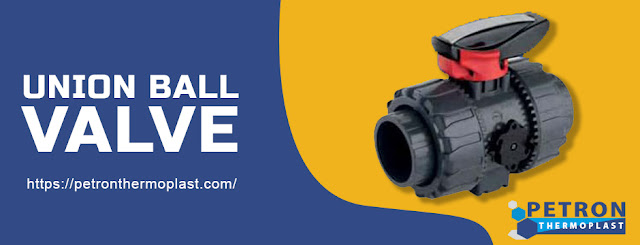A high molecular weight fluorocarbon with outstanding abrasion resistance, dielectric characteristics, and mechanical strength is polyvinylidene fluoride (PVDF Pipe), also known as Kynar®. With a limited usage range extended to 302o F, these qualities are maintained over a temperature range of -40o F to 250o F. The majority of strong acids, aliphatics, aromatics, alcohols, wet or dry chlorine, bromine, and other halogens, as well as chlorinated solvents, are highly resistant to Kynar®. From 1/2" to 6", Kynar® is offered in natural or red colours. High purity water, chemical processing, pharmaceutical manufacturing, and UV-sensitive compounds are examples of typical applications.
Key Features
- Excellent Chemical Resistance
- Superior Abrasion Resistance Socket Fusion Joining System Standard Pipe and Fitting Sizes Temperature Range of -40o F to 250o F
- Pipe: IPS Schedule 80, 1/2" to 6"
- 1/2" - 12" SDR 21 & 33
- 1/2" to 6" IPS Schedule 80 fittings
- 1/2" - 12" SDR 21 & 33
- Sheet and Rod, Flexible Tubing, and Other Forms
PVDF Pipe and Fittings, General/Chemical Grade
High molecular weight polyvinylidene fluoride (PVDF) in the Super Proline general/chemical grade has outstanding abrasion resistance, dielectric characteristics, and mechanical strength. There are sizes ranging from 1/2" to 16". General/chemical grade PVDF is measured in SDR 21 (1/2" - 10") and SDR 33, in contrast to Kynar®, which is Schedule 80. (3" - 12").
Pipe and Fittings Natural Kynar® PVDF Schedule 80
Natural Kynar® is completely unpigmented and transfers materials without being contaminated. When conveying deionized water and other liquids with leaching properties, natural Kynar® is the best material to use in the electronics, pharmaceutical, and food and beverage sectors. Rust and scaling are removed from corrosive slurries to vinegar using natural Kynars® superior chemical and corrosion-resistant piping material.
Schedule 80 Pipe and Fittings in Red Kynar® PVDF
Fluorocarbon material called Red Kynar® is durable, resilient, and abrasion-resistant. Up to 250° F, it maintains the majority of its strength and resists distortion. Red Kynar® is best suited for handling wet or dry chlorine, bromine, and other halogens since it is chemically resistant to the majority of acids, bases, and organic solvents. Red Kynar® offers a unique combination of strength, chemical resistance, and operating temperatures that is unmatched by other solid thermoplastic pipe components.
How is PVDF manufactured?
Chemical synthesis is a polymerization process used to create PVDF.
Polymerization is used to create plastic-like polymers such as polyethene, PVC,
and polypropylene. Plastic pipe and fittings, particularly polyvinylidene
fluoride (PVDF) pipe and fittings, come in a variety of quality and consistency
levels. Alternatively: "monomer." PVDF pipe has a temperature
restriction of 248°F (120°C), whereas PVC piping has a rating of up to 248°F
(120°C). PVDF produces chemicals (such as corrosive sulphuric acid) using
radioactive processing waste and air plenum. In order to define a long
molecular structure known as a polymer, which in this case is a plastic, and
polyvinylidene fluoride (PVDF), also known as Kynar, it is suggested that the
single vinylidene fluoride (VDF) units are joined from the beginning to finish.
VDF serves as the fundamental raw element in the production of PVDF.
A top producer of thermoplastic industrial engineering materials, PETRON THERMOPLAST, with its PVDF pipe manufacturing, accepts industrial projects for chemical and wastewater treatment plants.






No comments:
Post a Comment